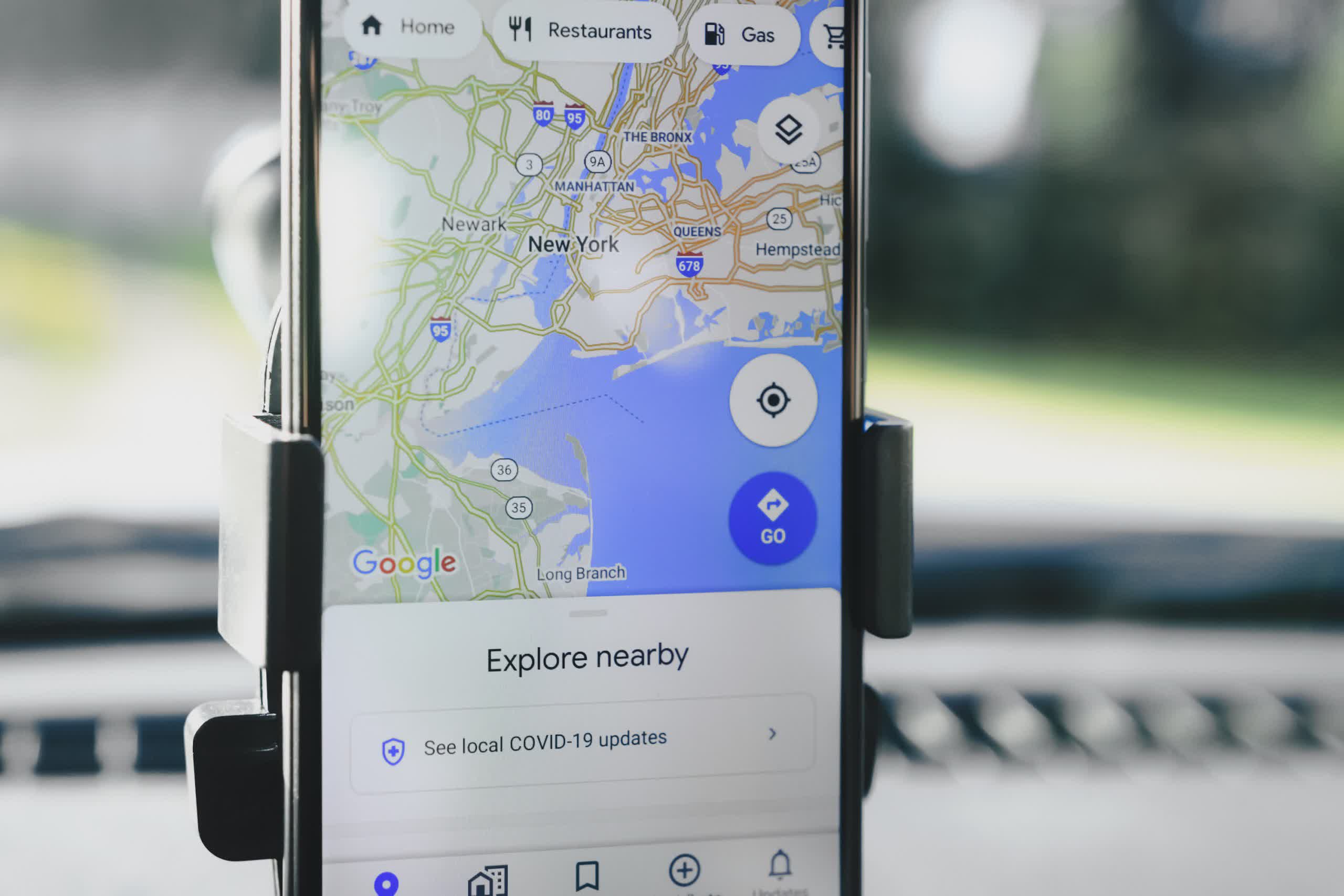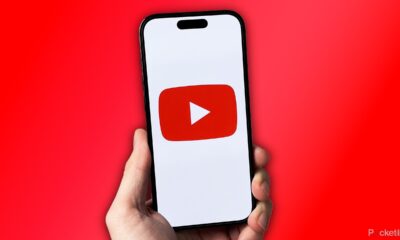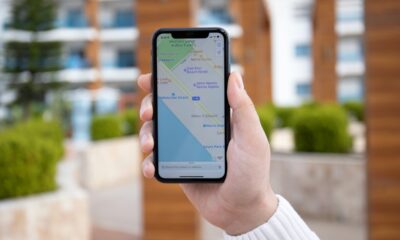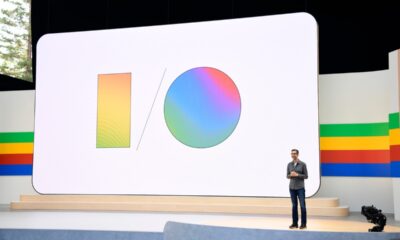Tech News
Users challenge distracting Google Maps pop-up ads that suggest “quick detours”

The evolution of navigation: Back in the day, navigating through unknown territories required purchasing a paper map. These maps, printed on large sheets of paper, were a hassle to fold back up. Planning routes in advance and relying on memorized lists or navigators were the norm. However, with the advent of the internet, everything changed.
During a recent trip using Google Maps navigation, Android user Anthony Higman noticed something peculiar. He shared on X that as he passed a gas station, an ad for a convenience store called Royal Farms popped up on the screen, offering to add it as a stop on his route. This was a new experience for him, and as someone interested in advertising, he pondered about the ad format.
Another user responded with a screenshot of a similar ad for the Mustang Ranch brothel in Nevada.
“Imagined headline: Multi-car pile up in Sparks, NV due to distracted drivers,” he humorously remarked.
Higman agreed that the ad was indeed “super distracting.”
Yo Check Out This Wild New Ad Format On The Google Maps App.
I Put In Directions Down The Shore And Then When I Passed This Gas Station This Royal Farms Ad Popped Up With “Add Stop”
I Didnt Type Anything In About Gas Or Food Or Anything? Anyone Know What Kind OF Ad Format This… pic.twitter.com/HiRfOZPo8n
– Anthony Higman (@AnthonyHigman) July 5, 2024
Both screenshots indicated that the businesses were “sponsored” advertisers, with their review ratings displayed. The Maps app labeled these locations as a “Quick detour.” Since Higman had never encountered this feature before, he speculated that Google was testing a new ad placement strategy, albeit not well-received.
Surprisingly, these popup distractions were not entirely new. A Google “Ads Liaison” responded to his post, revealing that the feature, known as “promoted pins,” had been in place for some time. These ads appear as drivers approach or pass by businesses along their Maps route.
“To prevent driver distraction, these ads do not disrupt the screen, expand only when tapped on, and disappear quickly,” explained the Ads representative.
Imagined headline: Multi-car pile up in Sparks, NV due to distracted drivers pic.twitter.com/vz0EM0854j
– Mike Blumenthal (@mblumenthal) July 6, 2024
However, Higman noted that he did not interact with the screen, and the popup persisted for 45 seconds to a minute. The representative acknowledged that this was not typical behavior and promised to investigate further with the Ads team.
Another commenter decoded the Google response for Higman: “‘not expected behavior’ oops – we got caught a/b testing our abortion of an idea.”
While promoted pins may seem beneficial in theory and have likely boosted Google’s ad revenue, what is the cost?
According to the National Highway Traffic Safety Administration, distracted driving is the leading cause of traffic accidents in the US. The American Automobile Association supports this, citing that distracted drivers contribute to 25 to 50 percent of car accidents.
-

 Destination8 months ago
Destination8 months agoSingapore Airlines CEO set to join board of Air India, BA News, BA
-

 Breaking News10 months ago
Breaking News10 months agoCroatia to reintroduce compulsory military draft as regional tensions soar
-

 Tech News12 months ago
Tech News12 months agoBangladeshi police agents accused of selling citizens’ personal information on Telegram
-

 Gadgets3 months ago
Gadgets3 months agoSupernatural Season 16 Revival News, Cast, Plot and Release Date
-

 Productivity11 months ago
Productivity11 months agoHow Your Contact Center Can Become A Customer Engagement Center
-

 Gadgets3 weeks ago
Gadgets3 weeks agoFallout Season 2 Potential Release Date, Cast, Plot and News
-

 Breaking News10 months ago
Breaking News10 months agoBangladesh crisis: Refaat Ahmed sworn in as Bangladesh’s new chief justice
-

 Toys12 months ago
Toys12 months ago15 of the Best Trike & Tricycles Mums Recommend



















